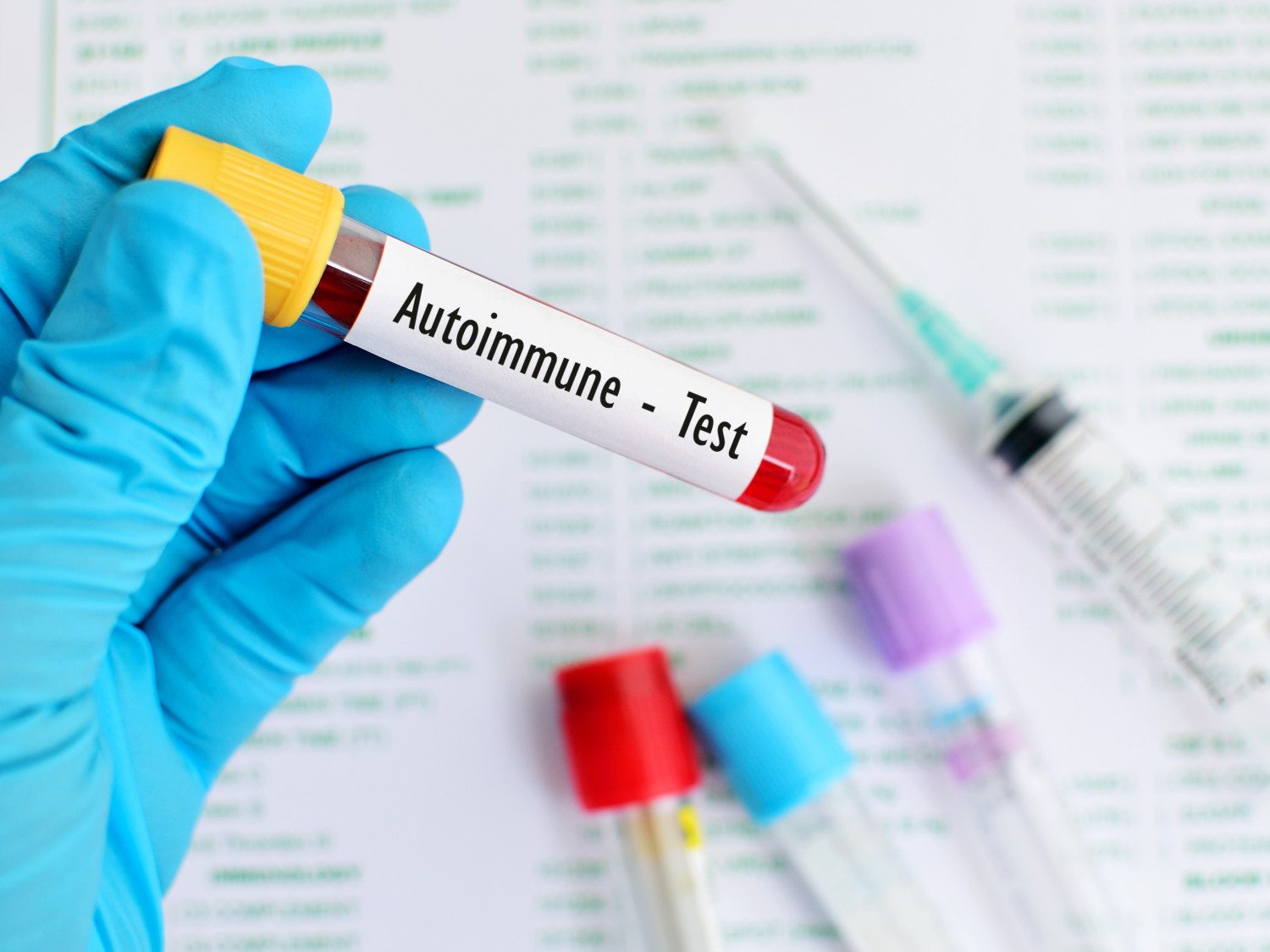What is lupus? Know the signs and symptoms
In 2017, pop star Selena Gomez revealed that she had undergone a kidney transplant. Gomez was in need of a transplant due to complications from lupus, a chronic disease in which an individual’s body attacks its own organs.
Gomez is hardly alone in her struggle. The disease affects 1.5 million people in the United States. So what do you need to know about this debilitating condition that impacts so many? Read on to get the facts on this prevalent disease.
What Is Lupus Exactly?
According to the National Resource Center on Lupus, it is a chronic autoimmune disease that can damage any part of the body, including the skin, joints and organs.
Serious complications can arise from the disease, including problems with major organs such as the heart, brain and central nervous system, the lungs, the blood and blood vessels, and the kidneys. In fact, kidney failure is one of the leading causes of death among people with lupus.
https://www.instagram.com/p/BZBHr4Pg5Wd/
Who Gets Lupus?
Although lupus can affect anyone, according to the Lupus Research Alliance, it is most often diagnosed in young women between the ages of 15 and 44. The chances of developing the disease are also higher among women of color, especially those who have a family history of lupus or who take medicines that are associated with drug-induced systemic lupus.
Other factors linked to developing lupus include smoking, exposure to ultraviolet light and some infections (such as cytomegalovirus (CMV), parvovirus and hepatitis C). The Epstein-Barr virus has also been linked to lupus in children. Exposure to certain chemicals, such as tricholoroethylene in well water and silica dust, have also been linked to the disease.
Although hormones do not directly cause lupus, they are thought to have some effect on it. For example, most women do not have flare-ups of the disease while pregnant, but some do when their estrogen levels are high. The hormones in birth control pills, meanwhile, have not been proven to be harmful in women who have stable, moderate lupus.
What Are The Signs And Symptoms?
Arriving at a definitive diagnosis of lupus can be difficult, as its symptoms overlap with other conditions. According to the Mayo Clinic, one of the most distinctive signs of lupus is a rash that looks like the wings of a butterfly unfolding across the cheeks. However, while this symptom occurs in many cases of lupus, it is not present in all.
The way a person experiences lupus is unique to the individual. Most people live with “episodes” or “flare-ups,” of the disease, a period of time in which symptoms appear or increase in intensity, followed by periods in which symptoms dissipate or even disappear completely. According to Mayo Clinic, some of the most common signs and symptoms include the following:
- Fatigue
- Fever
- Joint pain, stiffness and swelling
- Butterfly-shaped rash on the face that covers the cheeks and bridge of the nose, or rashes elsewhere on the body
- Skin lesions that appear or worsen with sun exposure (photosensitivity)
- Fingers and toes that turn white or blue when exposed to cold or during stressful periods (Raynaud’s phenomenon)
- Shortness of breath
- Chest pain
- Dry eyes
- Headaches, confusion and memory loss
RELATED: Fibromyalgia Is More Common Than You Think—here’s What You Should Know
In keeping with the complexity of this disease, there is not one definitive test to diagnose lupus. Instead, doctors rely on a combination of blood and urine tests, symptoms and physical examination findings. Laboratory tests utilized may include complete blood count, kidney and liver tests to assess their functioning, urinalysis and an antinuclear (ANA) test. A positive test indicates a stimulated immune system. Most people with lupus will have a positive ANA test.
How Is Lupus Treated?
While there is currently no cure for lupus, its symptoms can be managed. Some of the most common medications used to treat lupus include:
- Nonsteroidal anti-inflammatory drugs (NSAIDs): Over-the-counter NSAIDs, such as naproxen sodium (Aleve) and ibuprofen (Advil, Motrin IB, others) may be used to treat the pain, swelling and fever associated with lupus.
- Antimalarial drugs: Medications commonly used to treat malaria, such as hydroxychloroquine (Plaquenil), affect the immune system and can help decrease the risk of lupus flares.
- Corticosteroids: Prednisone and other types of corticosteroids (Prednisolone and Medrol® among them) can counter the inflammation of lupus.
- Immunosuppressants: Drugs that suppress the immune system may be helpful in serious cases of lupus. Examples include azathioprine (Imuran, Azasan), mycophenolate mofetil (CellCept) and methotrexate (Trexall).
- Biologics: Belimumab (Benlysta), administered intravenously, also reduces lupus symptoms in some people.
Additionally, lifestyle interventions such as exercise, a healthy diet, protection from the sun, not smoking and taking calcium and vitamin D supplements may be beneficial. Some people also use complementary or alternative treatments, such as Dehydroepiandrosterone (DHEA), for fatigue and muscle pain. Others use fish oil and acupuncture.
For more information, visit the National Resource Center on Lupus.








